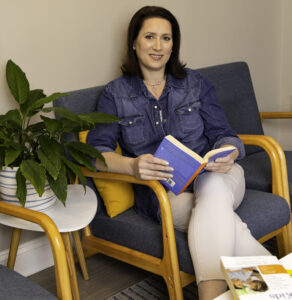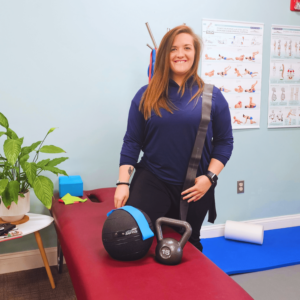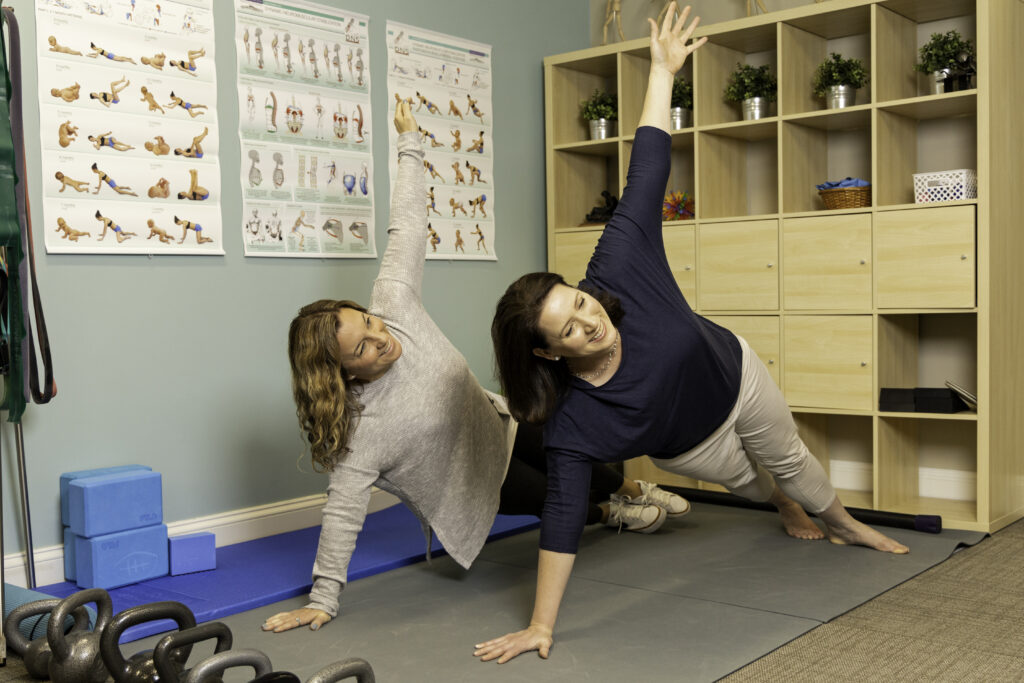When most people think of exercising, they think of weight lifting, running, playing sports or other kinds of rigorous, strenuous efforts. But you can get significant value out of a much gentler, easier form of exercise that puts motion into your body, and doesn’t risk overdoing it. Gentle exercise is better for seniors, people recovering from an injury, or just those who are not athletically inclined. Adopting a few basic principles and developing a few simple habits will help to increase fitness and flexibility and reduce stiffness and pain.
Here are a few gentle exercises you can try:
- Walking — walking as little as thirty minutes three times a week can dramatically improve heart function, breathing, and strength. You can start slow and work up to a more vigorous pace at your own rate. There are many apps you can use to track your distance and pace, and even measure your breathing and heart rate. These can make it easy to track your progress. You can even share this info with your friends and family to help keep you accountable!
- Yoga — practicing yoga is a great way to work on balance, mobility, breathing, and stress management. You don’t have to be a contortionist yogi to gain these benefits! In fact, yoga can be modified for anyone, you can even do it sitting or laying on the floor. Just like any activity you can add more movement as you improve your balance and strength. We are fortunate to have a lot of great yoga instructors and studios in Frederick — ask Dr. Morrone about helping you find one that is most suitable for your needs.
- Swimming — the buoyancy of your body in the water minimizes any harsh effects of gravity on your structure and also provides strength training with little unbalanced resistance. It’s hard to hurt yourself swimming, yet the benefits are better metabolism, more coordination, and of course a sleeker, better-toned musculature.
Some people do well with very challenging exercise, while others may prosper with a more gentle approach – either way, do yourself a favor and do at least some exercise regularly. Not everyone is cut out to pump iron, run long distances, or learn martial arts! If this is your preference, good for you, it will help you to be healthier in the long term.
Consider your age, your physical condition, and your history of previous exercise when you decide upon the proper amount of walking for you, or ask Dr. Morrone for input about the shape you’re in and the best course of action. Regardless of your current status, you can learn to exercise, starting with a regular program that is matched to your present capability, and working up over time to a more demanding routine if and when you choose to do so.
It will come back to reward you with a better quality of life, and a stronger body that is less likely to break down and more likely to serve you well, no matter what you ask of it.





